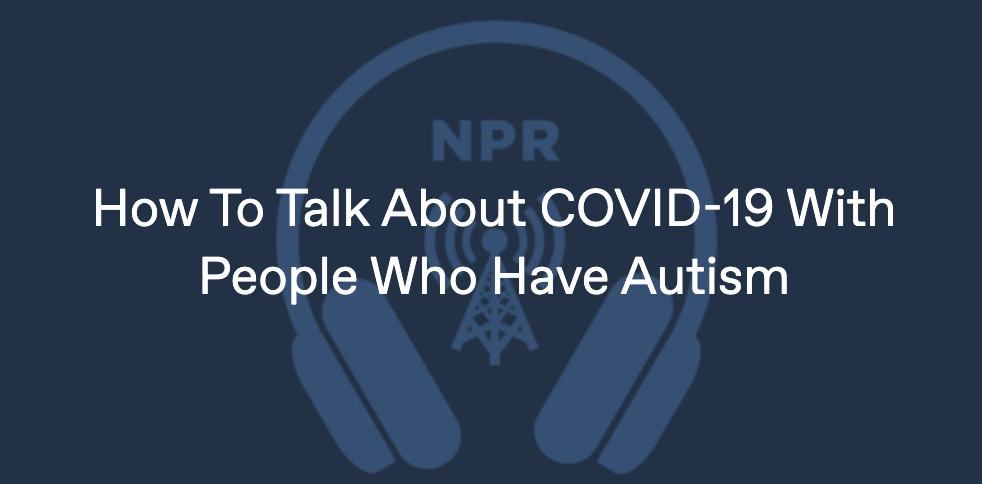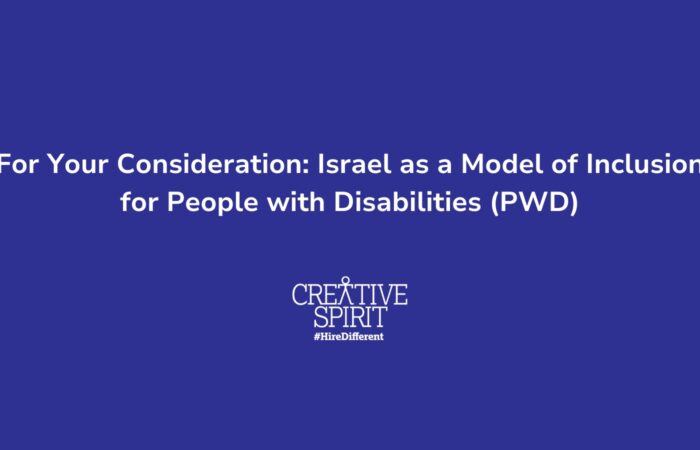
We must be vigilant about equality during these difficult times. It speaks to who we are as a country. It speaks to who we are as humans. “Emergency preparedness plan advises medical officials to “allocate resources to patients whose need is greater or whose prognosis is more likely to result in a positive outcome with limited resources.” Between a person with cognitive difficulties and a person without them, who decides whose needs come first? Disabilities During Covid-19
Medical triage always forces hard decisions about who lives and dies. For instance, older people with shorter life expectancy or those with severe dementia are often deemed less deserving of scarce medical resources than younger, healthier individuals.
The state plans make clear that the fate of those with intellectual disabilities is part of the wrenching debate. “Persons with disabilities should not be put at the end of the line for health services based on stereotypes or discrimination, especially during emergencies. Our civil rights laws protect the equal dignity of every human being from ruthless utilitarianism,” said Roger Severino, the director of the agency’s civil rights office. “What we’re seeing here is a clash between disability rights law and ruthless utilitarian logic,” said Ari Ne’eman, a visiting scholar at the Lurie Institute for Disability Policy at Brandeis University. “What this is really about at the end of the day is whether our civil rights laws still apply in a pandemic. I think that’s a pretty core question as to who we are as a country.” Disabilities During Covid-19
Looking for new ways to help inform and empower your loved ones during these challenging times? Here’s a quick 4 minute listen from @NPR which shares some great strategies on discussing COVID-19 with someone with Autism. Tools like visual aids can be helpful to many, not just individuals who are on the spectrum. Disabilities During Covid-19





